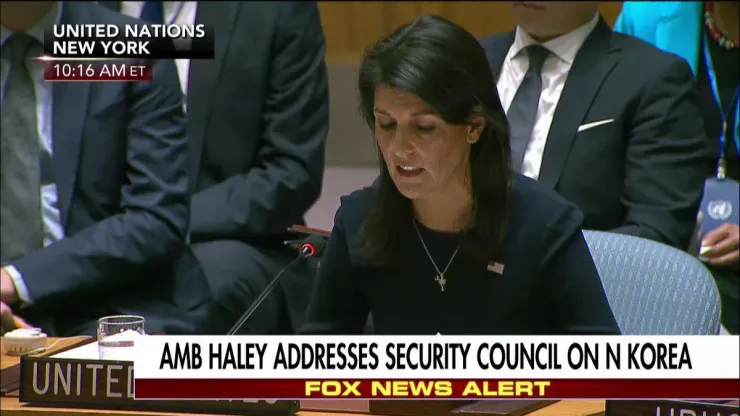Clubs in the English Premier League alone have spent a record £1.4 billion on transfers of players. In one of these transfers, Liverpool coughed up £35 million on Alex Oxlaide-Chamberlain, a player who had just one year left on his contract and has been struggling to nail down a first team place for Arsenal for years. He had recently rejected a £180,000-per-week contract from the Gunners.
The current national living wage in the UK currently stands at £7.50 an hour, or £300 if one works 40 hours per week.
Bizarre.
According to aljazeera.com, a Syrian refugee camp in Turkey could be run for 11 years with the $263 million spent on mere mortal Neymar.
How did Barcelona react to this transfer? They spent over $100 million on a 20-year-old kid from France whose professional career has not yet reached 80 appearances. This week Ousmane Dembele’s basic wage has been leaked as being over $14 million per year. He is 20 years old.
Twenty!
Crazy.
In the summer of 2016, Watford parted with £4 million to acquire full-back Brice Dja Djédjé. Nevertheless, he was not included in their Premier League squad last season and has been omitted this season too.
Irrational.
On the outside, rationality and soccer seem to be miles apart. A ball hitting the back of the net can lead to floods of tears, or screams of joy.
Every year, thousands of dollars are spent by loyal supporters, usually wearing expensive replica shirts, traveling all over the country to attend soccer games.
Despite spending most of their time kicking and running after a ball, soccer players are seen as idols. Just witness the welcome Carlos Tevez received when he re-joined Boca Juniors after a spell in Europe.
Bizarre. Crazy. Irrational.
And yet…
Soccer is a drug. It is an addiction.
We flock to the stadiums and pubs when our favourite team is playing. Every game is analyzed and over-analyzed on television programs and in hundreds of articles online.
We just cannot get enough of it. For years, I have been asking myself why this is so and attempting to formulate a rational answer is not easy.
In a world full of terror and dismay, soccer provides us with a welcome distraction. For two precious hours, all personal problems are put to one side as the twenty-two guys on the pitch take centre stage.
Soccer has a rather unique ability of bringing people of all ages, color, believes and gender together in supporting one simple aim. Making our team win. While, children are fighting with guns and bombs in the Middle East, a battle of skill and grit takes place on our soccer grounds during match days.
Moreover, soccer’s capacity to bring people together in tough times is truly remarkable. Probably, no other sport is able to do this to such an extent.
The story of Sunderland fan Bradley Lowery has captured the hearts and imagination of millions of people around the world. As he bravely fought his debilitating, and ultimately fatal, condition (he was diagnosed with neuroblastoma, a rare form of cancer, at the age of 18 months) his name was sung in stadiums across the United Kingdom. Watching his face beam with pride and happiness as he led the England national team, alongside his idol Jermain Defoe, out onto the grass in Wembley Stadium last May was one of the most emotional moments I can ever recall in sports.
During the horrendous terrorist attacks in Paris in November 2015, fans were trapped in the Stade de France following an international friendly between France and Germany. As the news trickled in that innocent people were being slaughtered outside the stadium, a spontaneous rendition of La Marseillaise blurted out amongst the supporters amidst all the anguish. A powerful message was delivered to terror in a soccer stadium on the fateful night.
This is the great power that soccer has. Hundreds of charities have stemmed from soccer, including the Didier Drogba Foundation that funds the construction of medical centres in war-torn Ivory Coast, and the Stiliyan Petrov Foundation that aims to rise awareness about leukaemia and helps funds its research.
Stiliyan Petrov was himself a victim of leukaemia and he himself received incredible support on the soccer pitch when he was diagnosed (you can refer to an article I had written a year ago on his battle with the disease).
Yes, soccer is a truly crazy business that at times seems to have been robbed from us by a few billionaires. We are asked to pay extortionate prices to follow our favourite teams which have become money-making business.
Regardless, we always go running back to soccer to find comfort and a welcome distraction. We act like the child who goes running to his mother’s arms to seek consolation despite having been scolded by her for not obeying.
Soccer is truly extraordinary.
200+ Channels With Sports & News
- Starting price: $33/mo. for fubo Latino Package
- Watch Premier League, Women’s World Cup, Euro 2024 & Gold Cup
The New Home of MLS
- Price: $14.99/mo. for MLS Season Pass
- Watch every MLS game including playoffs & Leagues Cup
Many Sports & ESPN Originals
- Price: $10.99/mo. (or get ESPN+, Hulu & Disney+ for $14.99/mo.)
- Features Bundesliga, LaLiga, Championship, & FA Cup
2,000+ soccer games per year
- Price: $5.99/mo
- Features Champions League, Serie A, Europa League & Brasileirāo
175 Premier League Games & PL TV
- Starting price: $5.99/mo. for Peacock Premium
- Watch 175 exclusive EPL games per season









